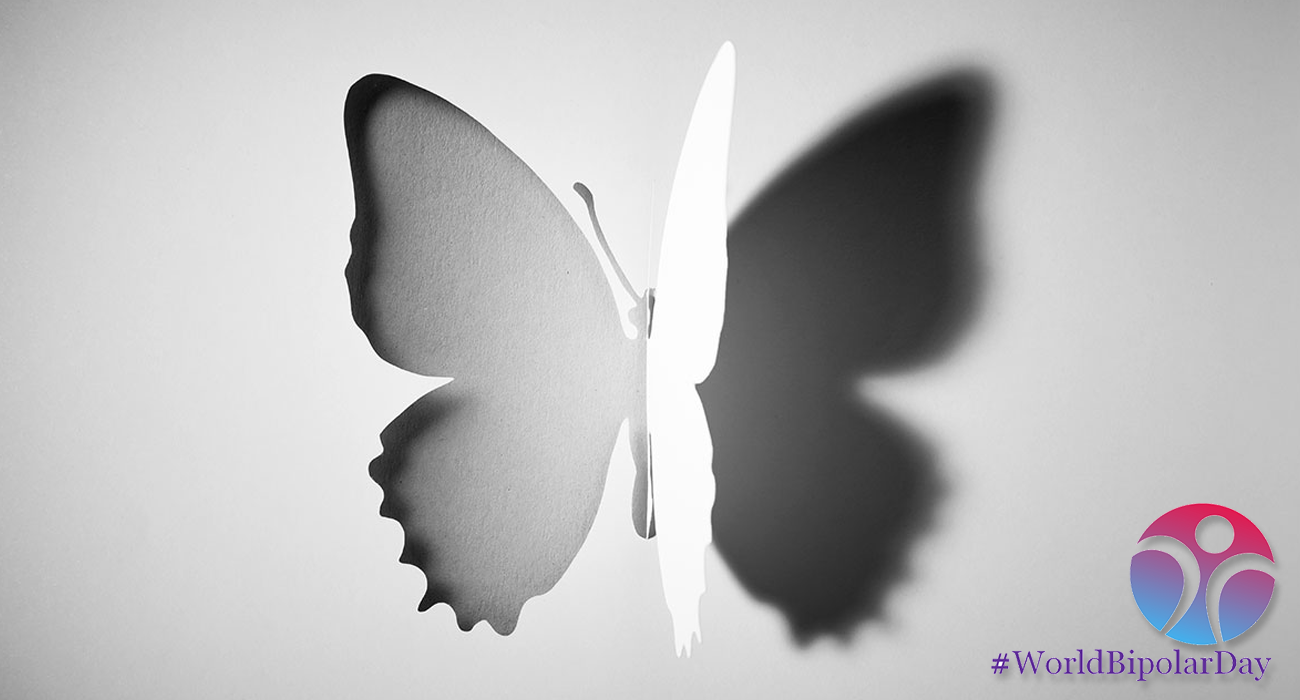
World Bipolar Day
March 30th is World Bipolar Day. The vision of World Bipolar Day is to bring awareness to bipolar disorders and to eliminate social stigma. It aims to increase the awareness, acceptance and funding for bipolar disorder.
Bipolar disorder is a mental health condition that affects your moods, which can swing from one extreme to another (high and low mood).
At Greater Manchester Mental Health NHS Foundation trust (GMMH), we are endeavouring to bring more awareness to and undertake research for those who might be at risk of developing bipolar disorder.
Research has shown that for 2/3 of those who are later diagnosed with bipolar disorder, their first symptoms of mood disturbances happened before they were 19 years old. This highlights the importance of early intervention for this group of people. By providing support early on, it can improve the long-term effect on the persons health and can provide that person with knowledge, support, and resources.
In 2015 until 2018 at GMMH, we conducted a trial called the Bipolar at Risk Trial (BART) which recruited 76 participants. Half of these participants at random were offered a cognitive behaviour therapy (CBTBAR), while the other participants were offered their usual treatment. This research told us that it is possible to identify those who meet the bipolar at risk criteria, that it is feasible to keep those participants engaged in the research for up to one year, and that the cognitive behaviour therapy indicated beneficial outcomes for those who were offered it. Some of those research participants shared their experiences of taking part in the trial, describing the therapy like riding a bike with stabilisers and “it’s just the best thing I ever did ever.”

Now, the Youth Mental Health Research Unit at GMMH are excited to announce that we have received funding from the National Institute of Health Research (NIHR) to conduct the Bipolar At Risk Trial again (BART II). This time we will be running the trial in five different locations around the UK: Manchester, Birmingham, Lancashire, Sheffield, and Norfolk & Suffolk. We aim to recruit 338 participants across all sites. And we will be looking more closely at the efficacy of the cognitive behaviour therapy (CBTBAR) and the implementation of this therapy for patients within the NHS.
This project (NIHR132622) is funded by the Efficacy and Mechanism Evaluation (EME) Programme, an MRC and NIHR partnership. The views expressed in this publication are those of the author(s) and not necessarily those of the MRC, NIHR or the Department of Health and Social Care.
Follow us on our journey as we begin to set up this exciting new trial.

No Comments
Sorry, the comment form is closed at this time.